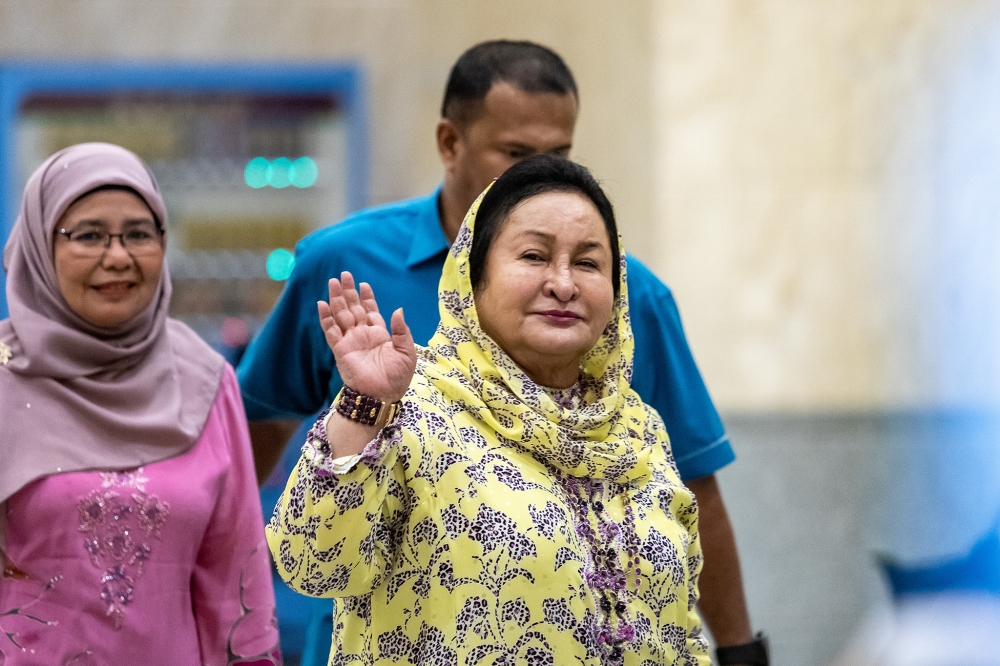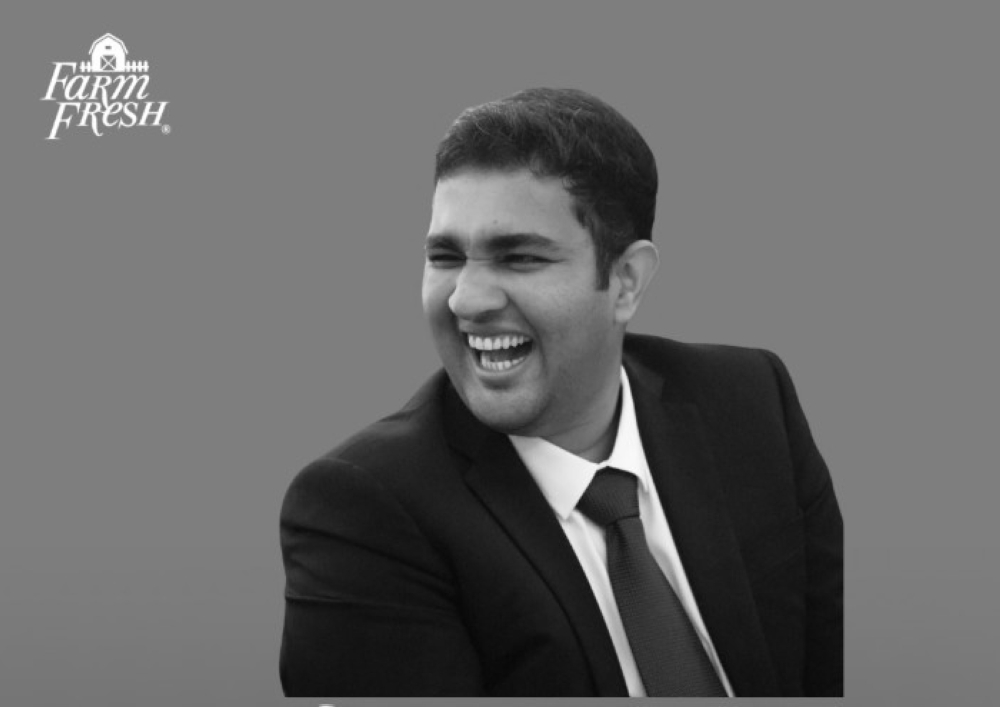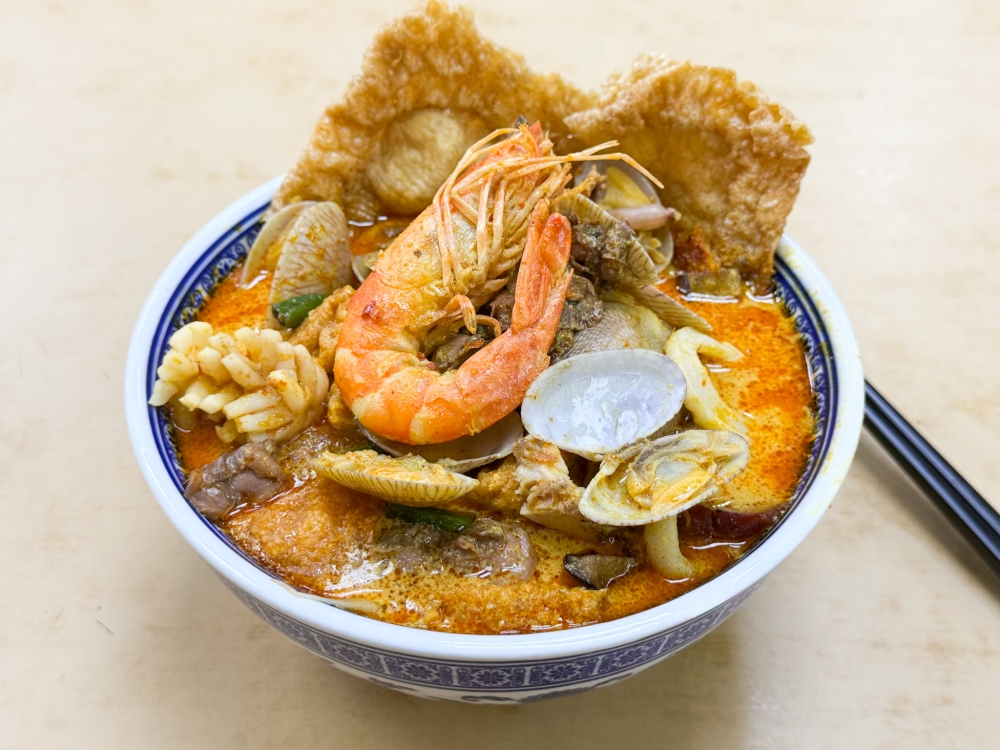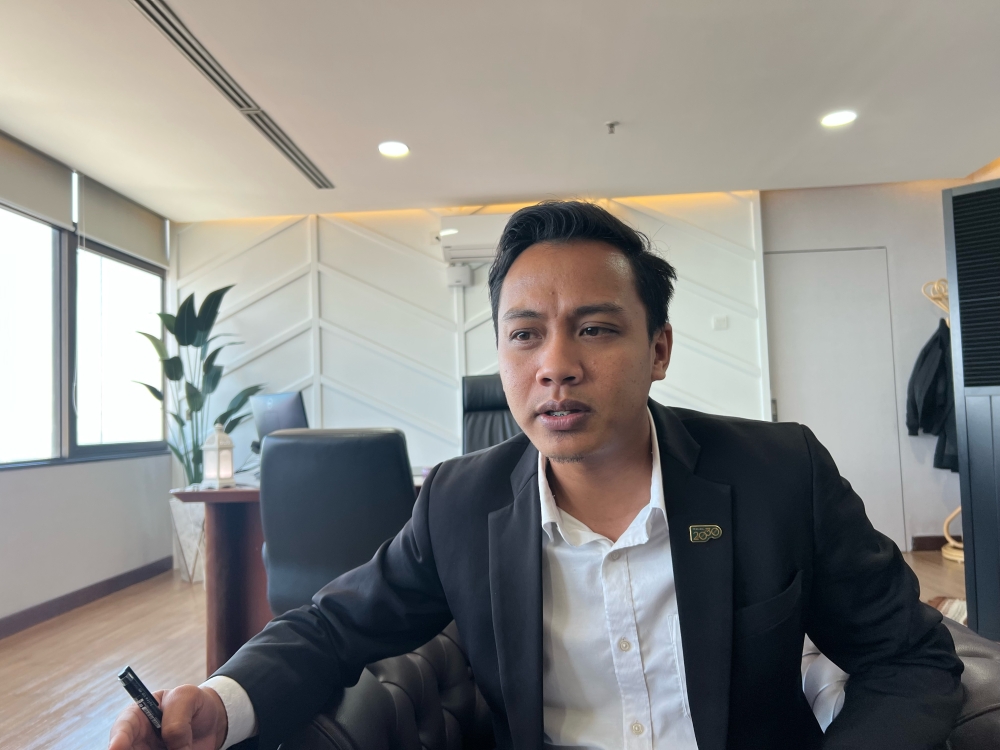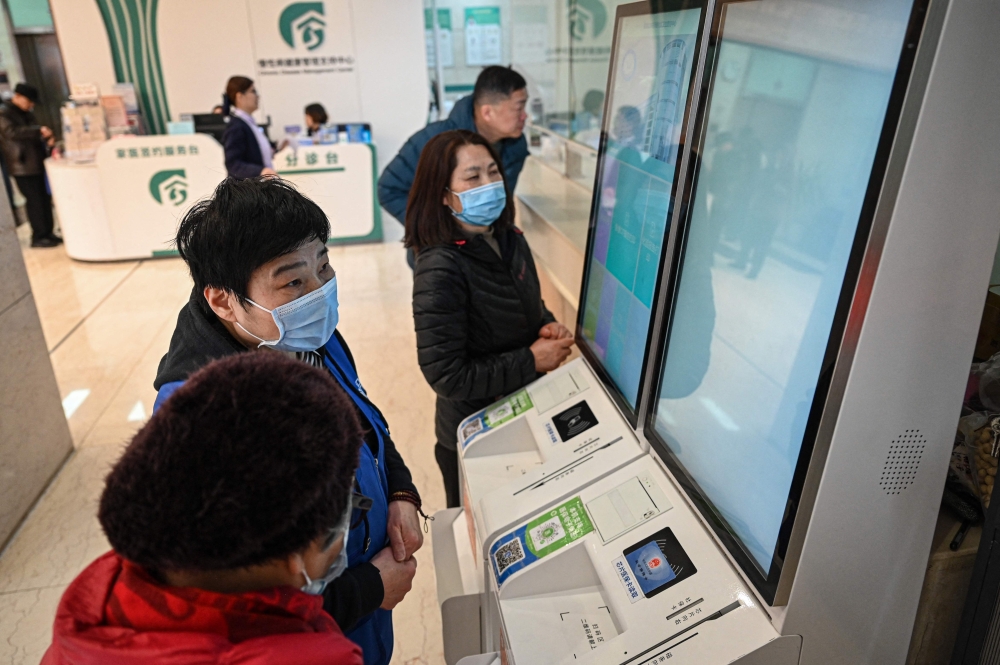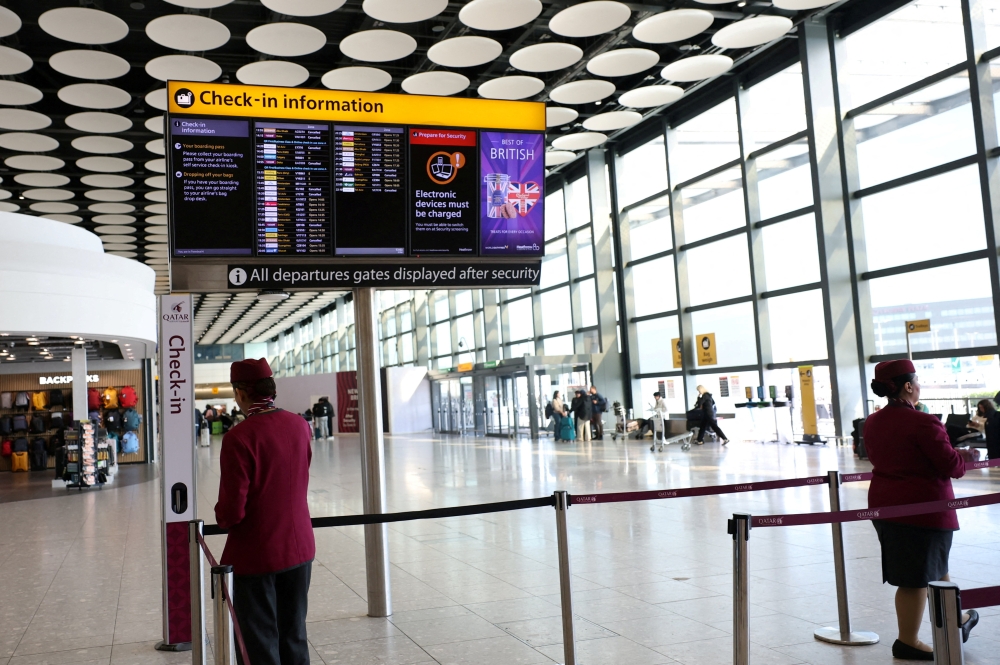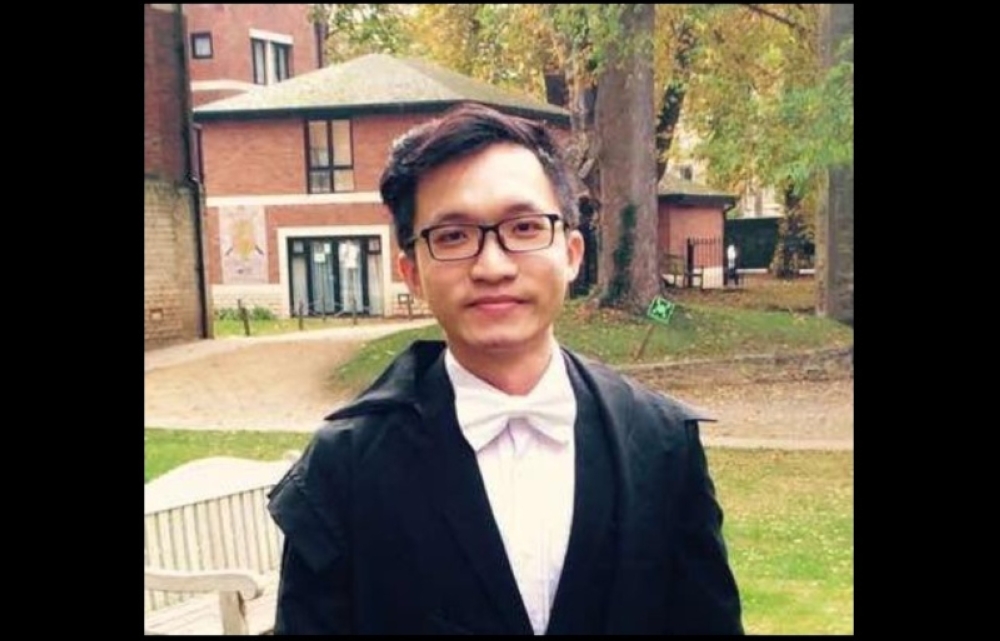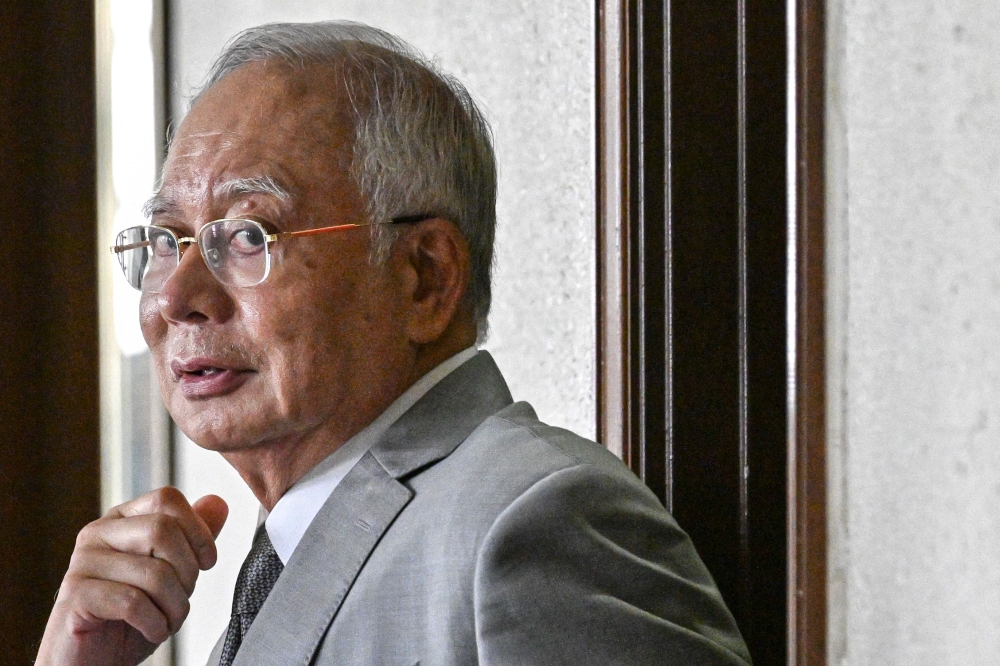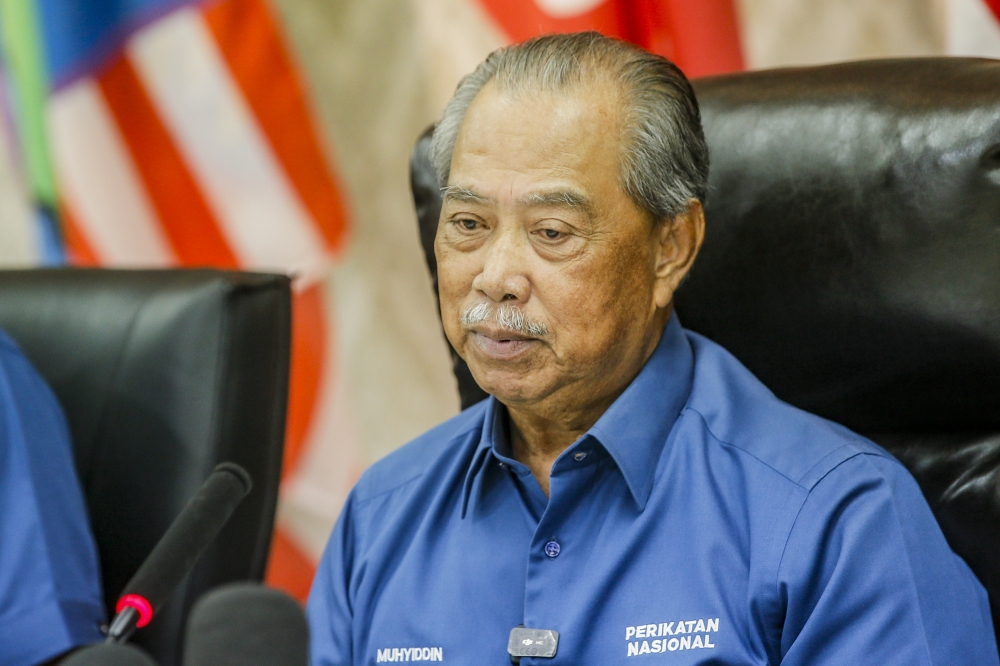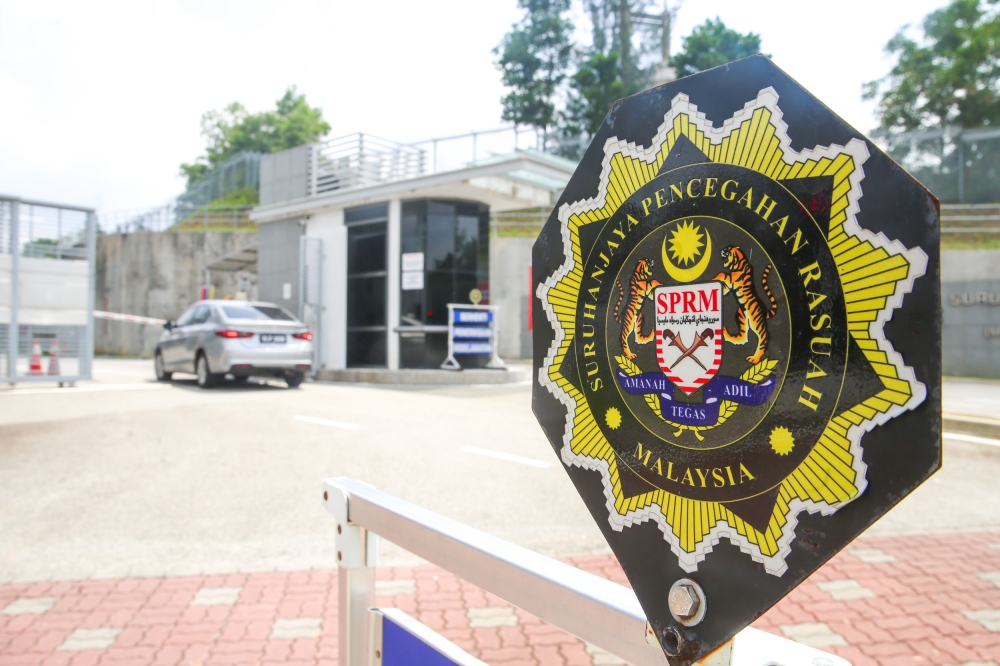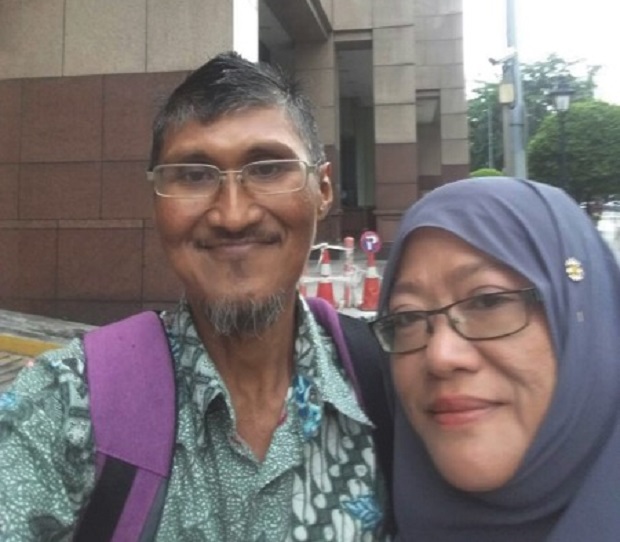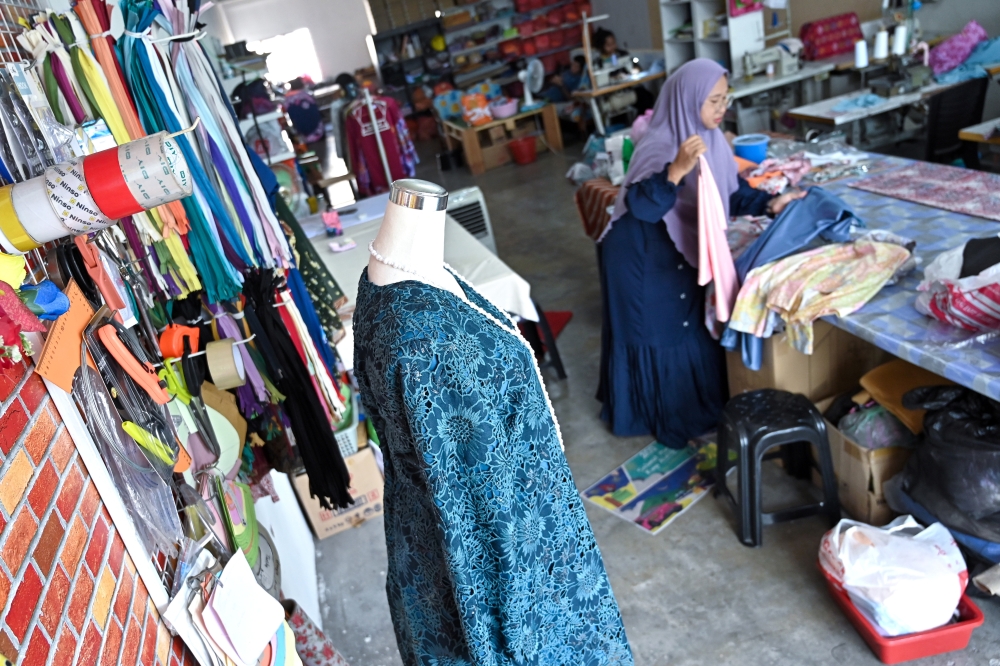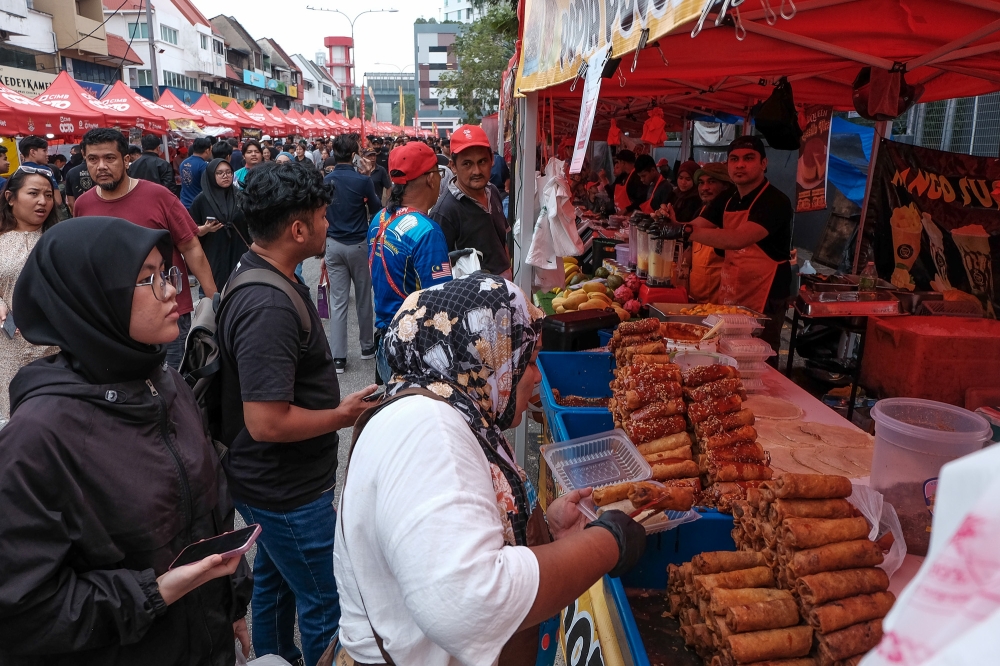KUALA LUMPUR, Dec 2 — Not victims. Not sufferers.
Although some in society still choose to label people living with HIV/AIDS (PLHIV) with those terms, this perception is the furthest from the truth.
With access to treatment readily available and in some cases free, because of government policies, PLHIV are living longer, and definitely contributing to society and the economy.
They are no longer the face of death. In conjunction with World AIDS Day yesterday, Malay Mail spoke to some of them to gain insights into their lives.
Jamaliah Sulaiman and Marhalem Mansor
The couple are still very much in love, 10 years into their marriage.
They first laid eyes on each other when they, along with other PLHIV turned up for a press conference in 2005, to stand up against a statement made that PLHIV and those who contracted bird flu should be isolated and placed on an island.
The two kept in touch but did not start a relationship as she was married and he was engaged.
A few years later, they were both single. They reconnected and got married.
“I lead a very contented life. She has made me whole again. I could not have asked for a better wife,” he said.
The couple are expecting their second grandchild in a few months. They have four children, two from Jamaliah’s previous marriage and two whom they adopted.
Both are on first-line anti-retroviral medication, which is given free by the government.
Marhalem added it was important to find a purpose in life after diagnosis. His was to help others.
The couple will soon be opening another shelter in Cheras for PLHIV.
They currently run the Rumah Teduhan Harapan in Kapar.
The couple rely on donations from friends and sell chickens to supplement their income.
“You can sit and sulk or do something about it. PLHIV don’t expect sympathy. What they need is empathy. Behind the disease is a real person,” he added.
He was diagnosed in 2004 and kicked his drug habit two years before that after using for more than 20 years.
Marhalem also said he turned to God for comfort.
Jamaliah said she was grateful for the support from Marhalem and her family.
“I thank God for them. They have been awesome. My husband is really supportive and I am happy that I have a better life,” she said.
“I didn’t expect to find someone but I did.”
Jamaliah, whose viral load is undetectable and was diagnosed in 1998, added she first came out about her status when there was a “campaign” mounted against her child from attending kindergarten.
She had entrusted the information to a teacher but the person informed other people in the village and it duly had them call for a meeting.
“I needed to do something. I spoke out. I fought. I asked my family for permission before I came out,” she said, adding she also received support from the Malaysian AIDS Council, Bar Council and local assemblyman.
She said for her the first step was acceptance of one’s positive status.
“There will be ups and downs. People call me an Iron Lady, but I am not. And I don’t deny that there is stigma,” she added.
“I am here to help others. I ‘wave a flag’ to tell others I am here to offer emotional support.”
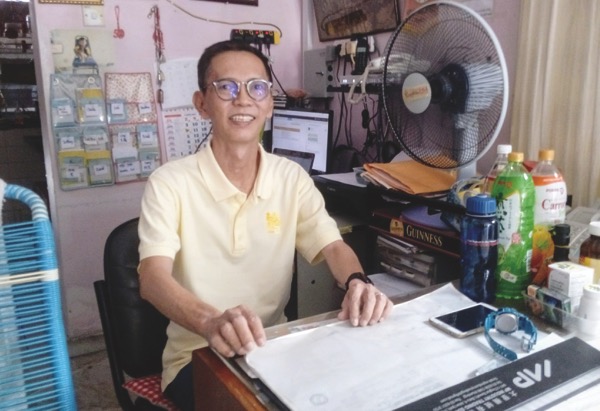
Michael Chow
Chow, who is the only PLHIV to be given the Dr Siti Hasmah Award from the Malaysian AIDS Foundation, is possibly one of the longest surviving PLHIV in Malaysia.
He has lived with the virus for 27 years. For the most part since his diagnosis, Chow has run the Faith Helping Centre, providing shelter to PLHIV.
“God gives me a new day, every day. I don’t see myself as an inspiration or as special. It is my calling to help others.
“People need to understand those with HIV don’t die.
“I am still living. I think God hasn’t taken me yet because he feels I still have work to do.”
Chow has been through the days when medication cost RM1,800 monthly and it was only AZT.
He was included into clinical trials where he obtained medication for free. He is now on first line medication.
His latest health scare was being diagnosed with Hepatitis C two years ago, from which he has recovered.
The 57-year-old got married in 2012 after years of being teased about his singlehood.
“I didn’t think I would find someone,” he said, adding her children accepted his status and were now living under one roof.
On stigma and discrimination, Chow said he was not bothered by it, adding helping PLHIV get back on their feet was most important to him.
His life story was chronicled in Journey of Love that was staged in Malaysia in 2009. It was also staged in Shanghai and more recently, in Shenzhen.
Of his centre, he said there is nothing that makes him happier than seeing his clients recover.
“Of course, during the tough times, I have to stay strong. I cannot cry in front of them. I force myself to be strong.
“Later, I will go to my office and cry.”
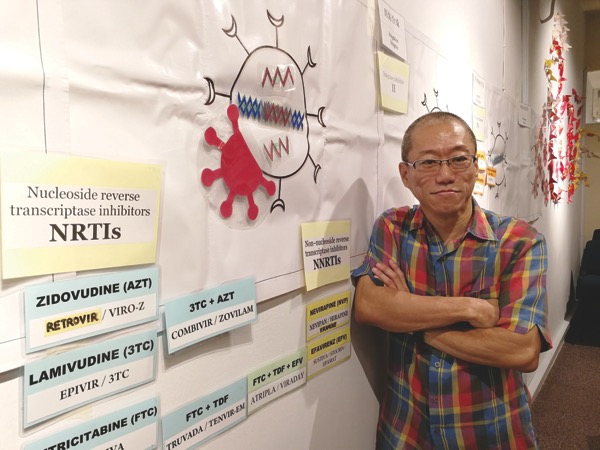
Andrew Tan
Tan, who has been living with HIV since 1994, said there was some level of self-stigmatisation and discrimination.
It took him years to realise he was still alive and his family supported him the best they could.
“My mother used to cook my favourite food every day thinking I was going to die soon. My brother brought his daughter every weekend so I could hold her.”
Tan said his two constants in his life were his partner of 31 years Reuben Kiew, and his doctor.
Tan emphasised the importance of taking one’s medication, adding his journey to help others and coming out about his HIV status was akin to taking baby steps.
He started out carrying boxes and handing out pamphlets as a volunteer with the Kuala Lumpur AIDS Support Services Society.
Tan is now an activist and helps counsel PLHIV, aside from giving lectures to various stakeholders to address the stigma and discrimination that surrounds the disease.
He added he never thought stigma and discrimination would still be an issue 30 years on.
“They want to create a demonic visual of PLHIV and LGBT by approaching issues from a moralistic point of view, instead of a healthcare perspective. “
He said those living with the disease can be healthy and live longer lives, citing he was currently on more medication for non-communicable diseases rather than HIV.
“Once our viral load is suppressed and undetectable, HIV is untransmittable. We can do anything a HIV-free person can do,” he said.
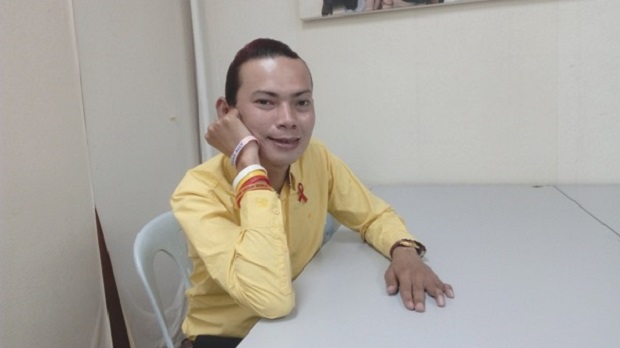
Moon
The one time Moon wanted to give up on life was when her mother died of cancer in 2009.
“She was my pillar. I wanted to give up but my older brother told me I had to go on living,” she said.
“My mother also told the rest of my family to take care of me.”
Moon was diagnosed at age 17.
She added her family had always been supportive and loving towards her. Her mother moved from Sarawak to Kuala Lumpur to take care of her when she was first diagnosed.
Moon now goes back home for Hari Raya every year.
“My late grandfathers were both imams and they always told me Islam is beautiful,” she said, adding her family accepted she was a transwoman.
Moon said she would one day like to return to Sarawak to help others.
Now at 33, she is working at Pertubuhan Advokasi Masyarakat Terpinggir, a non-governmental organisation for marginalised communities.
She is involved in case management and outreach work.
“I want to help the community,” she said.

